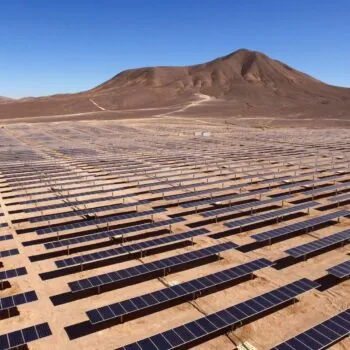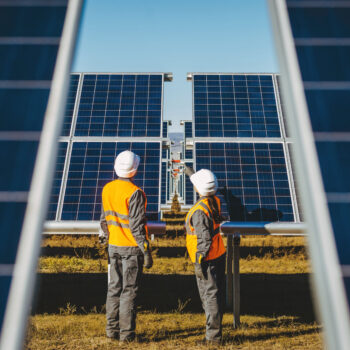E3G and Chatham House today release a major report on the energy and climate interdependencies of China and the European Union (EU). It reveals how Chinese and European energy policies both contain ambitious goals to improve energy efficiency and make greater use of renewable energy.
China is the world’s biggest emitter of CO2 and is currently building two power stations every week. By 2030 it is estimated that China will build around 1200 GW of new electrical generating capacity. However, the report reveals that in the same period the EU is expected to build over 800 GW – the average European currently uses three times as much energy as someone living in China.
The report offers a series of concrete and pragmatic measures on which the EU and China can collaborate to meet their climate and energy goals and to avoid potentially catastrophic climate impacts.
- European trade barriers which make Chinese goods more expensive should be lowered to allow energy-efficient imports to be purchased for less.
- Technology that reduces emissions from coal in Europe should be universally applied to power stations being built in China now, while joint research into more sustainable options for coal is undertaken.
- Low-carbon economic zones should be established that enable sustainable- energy manufacturing, products and services to be developed on unprecedented scales to demonstrate their economic and technical viability.
The ‘Changing Climates’ report is published by E3G and Chatham House at midday on Tuesday 27 November 2007.
Chatham House, E3G, the Chinese Academy of Social Sciences (CASS) and the Chinese Energy Research Institute (ERI), in cooperation with the Institute for Sustainable Development and International Relations (IDDRI) and the Potsdam Institute for Climate Impacts Research (PIK), have come together to address these issues.
Backed by the Foreign and Commonwealth Office and Sweden’s Ministry for Foreign Affairs, the EU-China Interdependencies on Energy and Climate Security project aims to:
- Identify the EU’s and China’s mutual interests, challenges and opportunities on energy security and climate security over the next 25 years;
- Generate a shared vision for achieving the goals of both regions in order to strengthen long-term engagement on these issues;
- Produce high-quality analysis on the priority opportunities for future collaboration to meet our climate and energy security goals;
- Produce policy recommendations for European and Chinese Ministers in advance of the EU-China Summit on Friday 23 November and the UNFCCC COP meeting in December.


